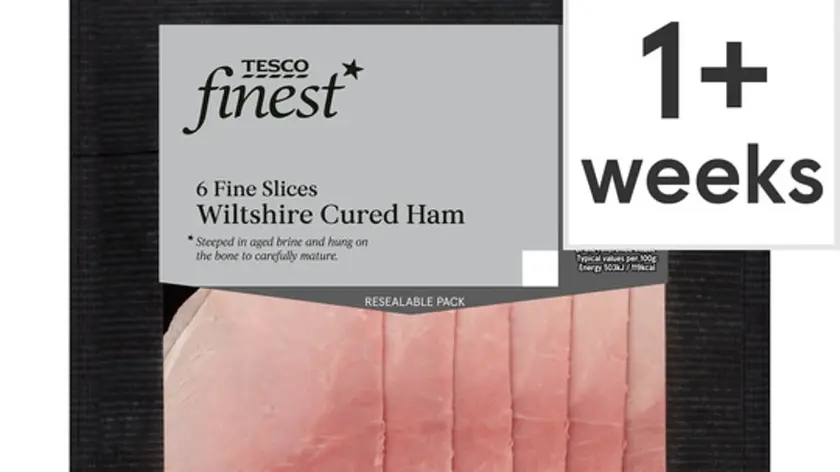T4K3.news
Nitrite levels found in UK ham prompt safety debate
A study finds nitrites in 21 supermarket pork products, with Wiltshire ham highest; authorities may review labeling and limits.

A UK study tested 21 supermarket pork products for nitrites and found high levels in Wiltshire ham.
UK ham nitrite levels spark calls to remove preservatives from processed meats
A UK study tested 21 pork products from Tesco, M&S and Morrisons for nitrites, common curing agents linked to cancer. Nitrites help preserve meat and prevent harmful bacteria, but health experts warn they carry cancer risks. The Wiltshire ham from Tesco recorded the highest level at 33 mg/kg, about 11 times the level in Tesco cooked ham and nearly four times the level in some bacon. Other high readings came from products sold by M&S, Sainsbury’s and Morrisons, while Asda’s ham showed a lower 8 mg/kg. All 21 products tested contained nitrites, and the study was funded by the Coalition Against Nitrites.
Key Takeaways
"We already know that regularly consuming nitrite-cured meats can harm health."
Ruth Dolby, lead researcher and food scientist
"This new analysis confirms that nitrites remain unnecessarily high in certain UK meat products."
Professor Chris Elliot, independent meat safety expert
"I would personally like to see a considerable reduction in processed meat consumption, but removing nitrites would be a positive step."
Professor Paolo Vineis, Imperial College London
The findings spotlight a policy tension between keeping meat safe with additives and protecting long term health. Industry argues nitrites extend shelf life and prevent bacteria, while researchers push for safer alternatives or nitrite-free products. Regulators in the UK defend the practice as within limits, yet the study presses for clearer labeling and a reassessment of how much nitrite is acceptable in everyday foods. The debate mirrors broader questions about how to balance taste, cost and health in a busy food system.
Highlights
- Shoppers deserve nitrite free options in every aisle
- Safety should come first, not longer shelf life
- Safer meat is possible if producers choose it today
- Clear labels beat hidden risks every time
Health risk prompts policy debate
The study links nitrite levels in common meats to potential cancer risk and highlights regulatory gaps, potentially triggering public reaction and political attention.
Safer choices require clear science and clearer options from shops.
Enjoyed this? Let your friends know!
Related News

Nitrite levels found in ham and bacon across UK retailers

High nitrites found in UK supermarket ham

Discussion around sunscreen safety intensifies

Jess Carter subjected to online abuse during Euro 2025

Mental health facility faces scrutiny after tragic incident

Acid attacks surge in Northumbria region prompting policy response

Migration crime debate tests leadership

Maluma halts show to scold mother over baby at concert
